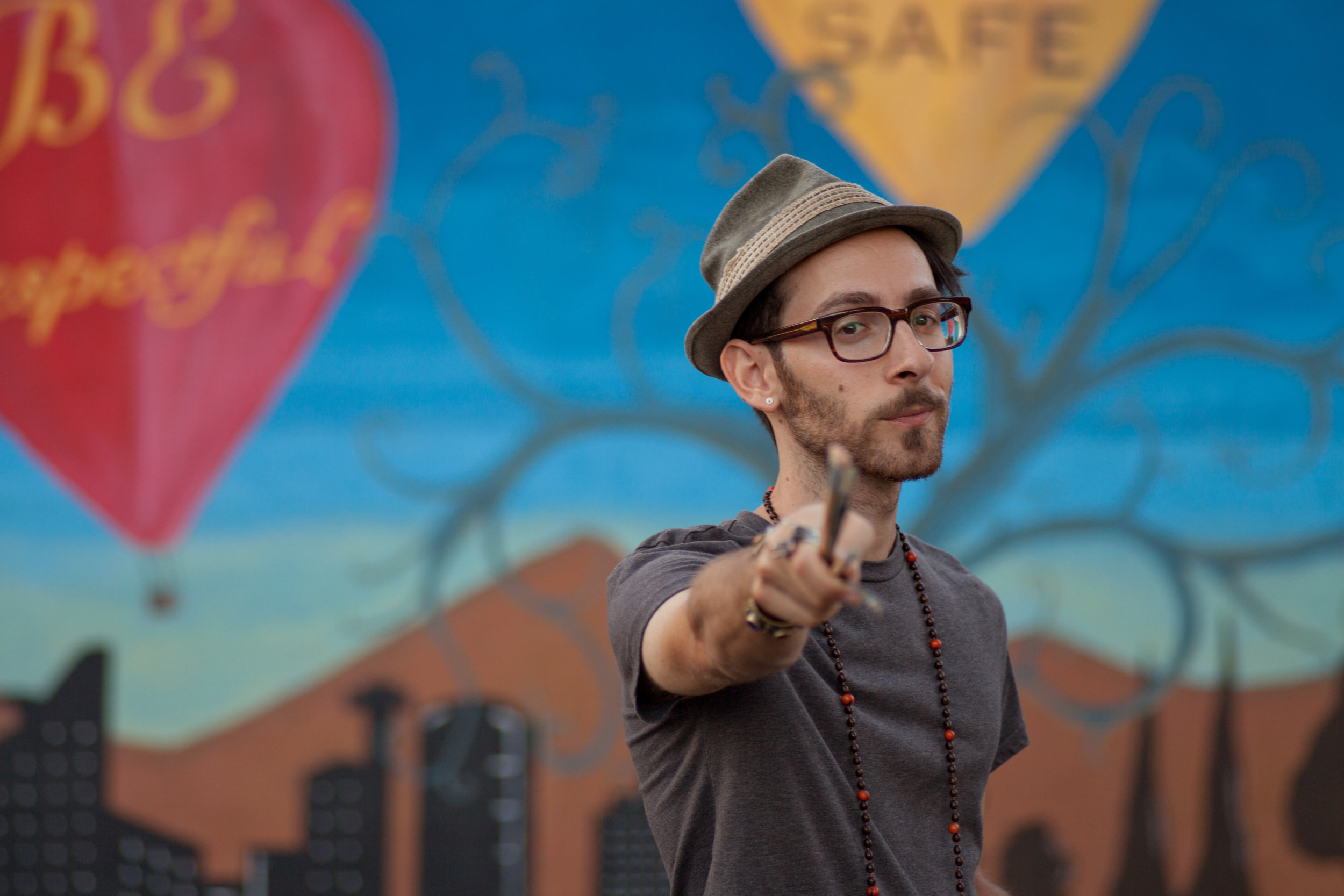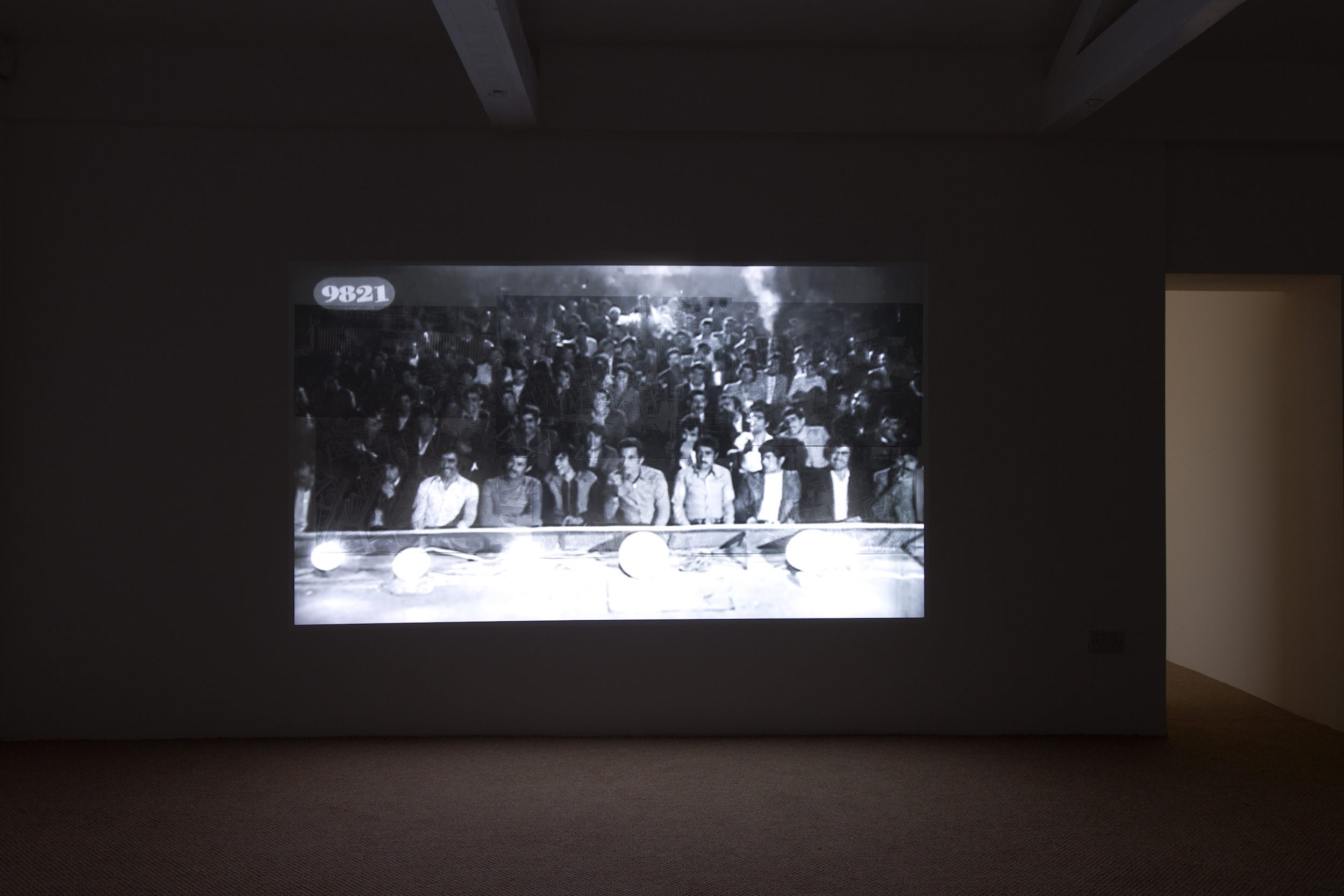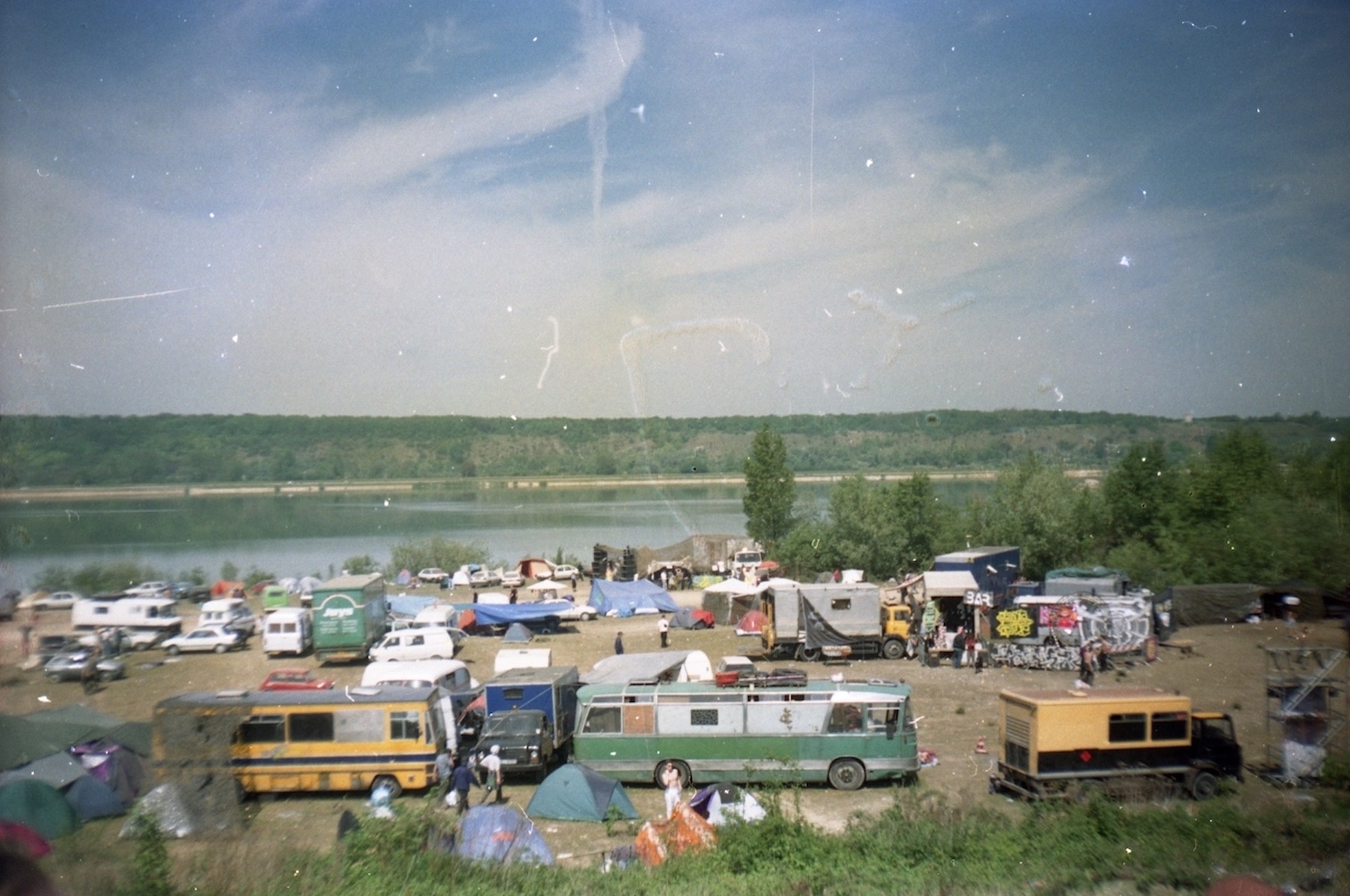The Magazine Re-branding What It Means to be a Foreigner

Foreigner is a London-based digital magazine setting out to cast the idea of the ‘foreigner’ as a positive and aspirational figure.
Created by Francesca Oddenino (Italian, living in UK) and two others, they are producing a series of profiles of creative and entrepreneurial individuals with a diverse range of backgrounds, hoping to “re-establish the image of the foreigner as the quintessence of innovation.”
Aiming to challenge the negative connotations that the word has historically held – alien, other, outsider – Foreigner celebrates cultural diversity by showcasing stories of ‘challenges, inspiration and creativity.’ It’s a welcome counterweight in these times of increased xenophobia, Europe-bashing and anti-immigrant sentiment. Be a foreigner and proud!
"The original idea after Brexit and stuff, there was this feeling of not knowing what was going to happen," says Francesca. "My friends and I felt we were being looked at as different, and we had never felt like that in the UK. We were like, is that really how people feel? You are now getting all this hate to foreigners in general, but we feel the foreigner is just a thousand different identities that you don't know... and you're only scared because you don't know. So, let's try and show you these foreigners one by one."
“The foreigner is just a thousand different identities you don’t know... So, let’s try and show you these foreigners one by one.”
GOOD TROUBLE selected a few of our favourite interviews, showing a few brief extracts below…
MALIKA, illustrator
Malika is a world-famous illustrator from Paris who has been living and working in London for over a decade. Through her career she has worked for the New Yorker, Vogue and BAFTA among others.
Foreigner: Have you ever considered yourself a Foreigner?
Funnily enough, because my mum’s family is from Algeria and even though she was born and raised in France, I felt more like a foreigner in Paris than here. In France I grew up needing to explain where I came from because I looked mixed-raced. Six month after I arrived in London I had this funny encounter with a cab driver who asked me where I was from. My first reaction was: “my mum is Algerian...etc..”. He looked surprised and replied : “oh my god, you sound so French”. This is when I realized that none cared here.
Something you would like to share with the British people?
Living abroad is about getting out of your comfort zone. It forces you in a situation without a parachute. Your survival instinct makes you work twice as hard. Living in a foreign country really changes you. I feel French but people back home find me a bit British sometimes. Because you get influenced by the culture you live in and it’s always for the best. I think it’s an experience everyone should have, even if they end up going back home at some point. For me it might be when I retire but I am not ready yet. If I leave London it will be to live in yet another country.
SEVAG, artist
Sevag is a US-born Armenian artist, whose parents moved from Lebanon in the ‘70s to escape the civil war. He lived in Europe for a while before moving back to Los Angeles where his artistic production ranges from painting and installations to theatre and cinema.
What do you consider your nationality to be?
I was born in California, but I was raised Armenian. My parents moved to the United States of America in the late ‘70s escaping a civil war that broke out in Lebanon. Their parents (my grandparents) were relocated due to the Armenian Genocide, being put in an orphanage as young children fleeing the Ottoman Turks in 1915.
How do your origins inspire your work? What about the local influence?
I am very connected to my ethnicity and history. This connection is apparent in the art I have produced, consciously or not. However, I cannot deny the influence of being exposed to a plethora of cultures that are at hand in Los Angeles or by those that have inspired me during my travels (www.sev86.com).
What words/ideas do you associate with 'Foreigner'?
Over time the word foreigner has changed for me. I've seen the transformation of how I come to think of the term. The black and white world of my youth has evolved to a greyer one. I find it more difficulty now to define what a foreigner is. It is more apparent to ask "where" than "what" a foreigner is. A foreigner isn't a constant, therefore, it can be interchanged with a local should the "where" of the two be switched.
MALAV, entrepreneur
Malav is a young Indian entrepreneur who founded LifeCradle, a start-up aimed at making cost-effective cardboard incubators specifically designed for developing countries. The project was presented at a United Nations symposium in Rome and led Malav onto Forbes “30 Under 30” 2017 list in Europe and India
Do you remember any personal challenge in adapting to the local culture?
Yes. Saying ‘Sorry’, ‘Please’ and ‘Thank-you’ every time. Being extra kind even when it is not needed. Let’s say I came from a society where we don’t expect the other person to be extra polite and it also does not mean that it is rude. Especially, when good friends expect to say ‘Sorry’ and ‘Please’, this was not something I was used to.
How do your origins inspire your work?
Looking at the needs of the developed world coming from a developing nation gave a whole new perspective to my work. For example, my startup LifeCradle that makes cost-effective cardboard incubators are specifically designed for developing and under-developed countries. While working here I always remembered the problems faced by people back home.
What message would you want to share to British people who don’t know your work yet?
To help and encourage more social enterprises that are trying to bring changes in the lives of people and fulfilling their needs.
Foreigner magazine is here
What is your experience of being a foreigner? Let us know below.
ACTIONS
In the US, ACLU organization People Power is running grassroots mobilization projects including resistance training events, such as teaching people how to stand up and intervene during incidents of racial harassment
In the UK, you could check out Hope Not Hate, who campaign to counter racism and fascism
In Europe, the European Network Against Racism
The International Refugee Assistance Project helps the world's most persecuted individuals
Author account for the Good Trouble hive-mind.









